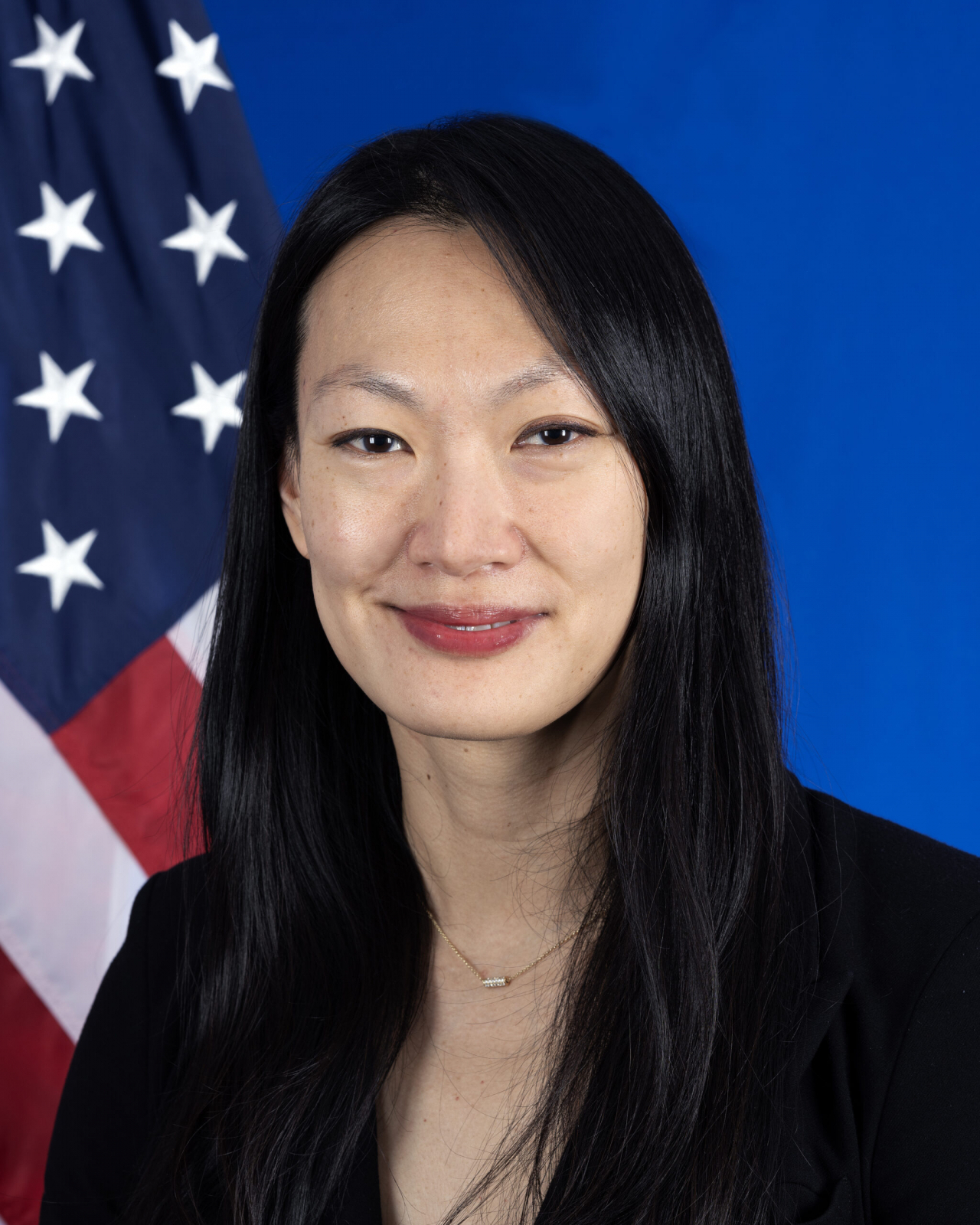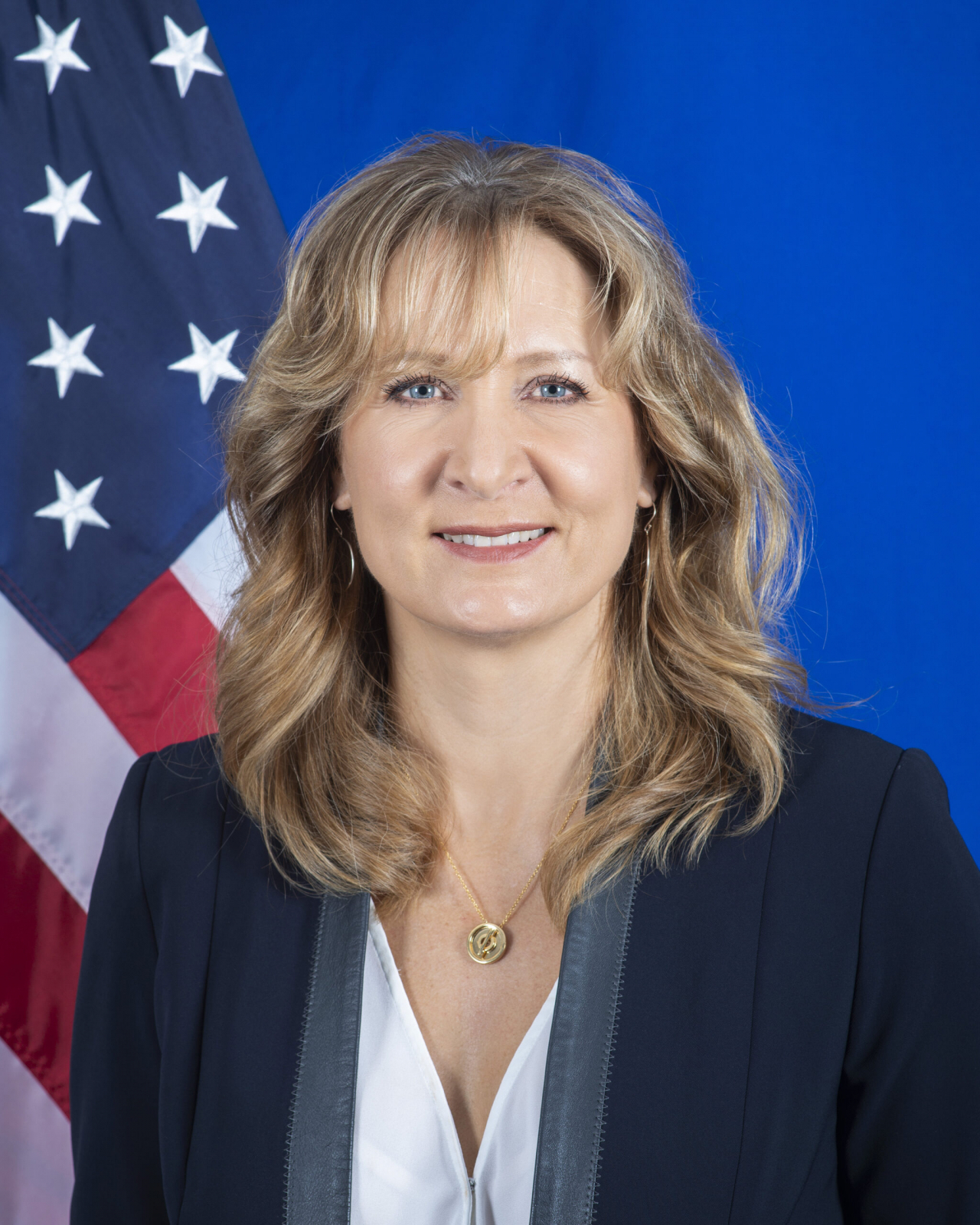

Ten years after the release of the groundbreaking United Nations Commission of Inquiry report on Human Rights in the Democratic People's Republic of Korea, which concluded that the regime is committing crimes against humanity, we traveled to the Republic of Korea (South Korea's official name) to meet with victims and survivors, ROK government officials and activists. Our goal was to promote justice and accountability for those responsible for the widespread and systematic abuses underway, to listen to survivors and to explore ways to improve the human rights situation in the DPRK.
During our visit, we had the privilege of sharing a meal with a North Korean escapee family in Seoul. As our meal concluded, we asked: “What does justice mean to you?” Without hesitation, our guests shared their desire for the world to know the truth about the human rights abuses committed by the DPRK government and to expose the brutality of the regime.
Here are some of those truths.
The DPRK’s repression of its citizens is evolving and worsening. Kim Jong-un recently enacted three so-called evil laws: the antireactionary thought law, the youth education reform law and the Pyongyang dialect law. These new laws, in contravention of universal human rights and fundamental freedoms, come with severe penalties -- particularly for children. This includes increasingly harsh punishments, including public executions, for watching South Korean media, for example.
Attacks on those deemed disloyal to the regime compound everyday hardships and indignities. The regime’s maldistribution of food and other resources leaves most North Koreans without access to a whole range of necessities, as the Kim family drapes themselves in luxury. The DPRK’s massive government-sponsored propaganda machine distorts the realities of life inside and outside the DPRK, propping up the cult of personality around the Kim dynasty.
Another truth: the DPRK’s human rights violations and abuses threaten international peace and security. The regime’s widespread use of forced labor helps finance its unlawful weapons of mass destruction and ballistic missile programs in violation of UN sanctions. The DPRK’s deepening support for Putin’s war of aggression against Ukraine is also a threat to peace and security.
The regime has been a totalitarian dictatorship since its founding, maintaining power with gulag-like prison camps, a discriminatory sociopolitical caste system (called "songbun") that undergirds the brutal repression of its citizens, and a militant commitment to isolation — except when profits and hard currency are on offer from other repressive states.
We are not without tools to respond to this deplorable state of affairs and in defense of the North Korean people. We expect the UN General Assembly and Security Council to remain focused on the human rights situation in North Korea. We must tighten the pressure and close the loopholes that have allowed the DPRK to exploit its people in order to amass and disseminate weapons of mass destruction that threaten international peace.
On Nov. 7, the UN Human Rights Council will conduct a Universal Periodic Review of the DPRK’s human rights record. Next September, the UN High Commissioner for Human Rights will issue a comprehensive report, updating the 2014 conclusions. And this month, the US government joined the governments of the Republic of Korea and Japan to hold the first trilateral meeting on DPRK human rights issues. This engagement featured statements from survivors of the DPRK’s human rights abuses and is a testament to our commitment to adopting a survivor-centered approach to truth-telling.
We cannot be complacent just because the DPRK presents one of the more challenging human rights situations in the world. The Universal Declaration of Human Rights applies to North Koreans no less than anyone else. Though it is the DPRK’s responsibility to respect and promote the human rights of its citizens, it is also the international community’s responsibility to expose what is happening under that brutal regime, let North Koreans know that they are not forgotten, and impose costs where we can.
By uplifting the voices of North Koreans who have managed to escape and activating international institutions, where possible, we in the international community can help share these truths and promote accountability.
By Julie Turner and Beth Van Schaack
Julie Turner is the United States special envoy for North Korea human rights issues and Beth Van Schaack is the United States ambassador at large for global criminal justice. The views expressed in this article are the authors' own. -- Ed.







![[Today’s K-pop] Blackpink’s Jennie, Lisa invited to Coachella as solo acts](http://res.heraldm.com/phpwas/restmb_idxmake.php?idx=644&simg=/content/image/2024/11/21/20241121050099_0.jpg)